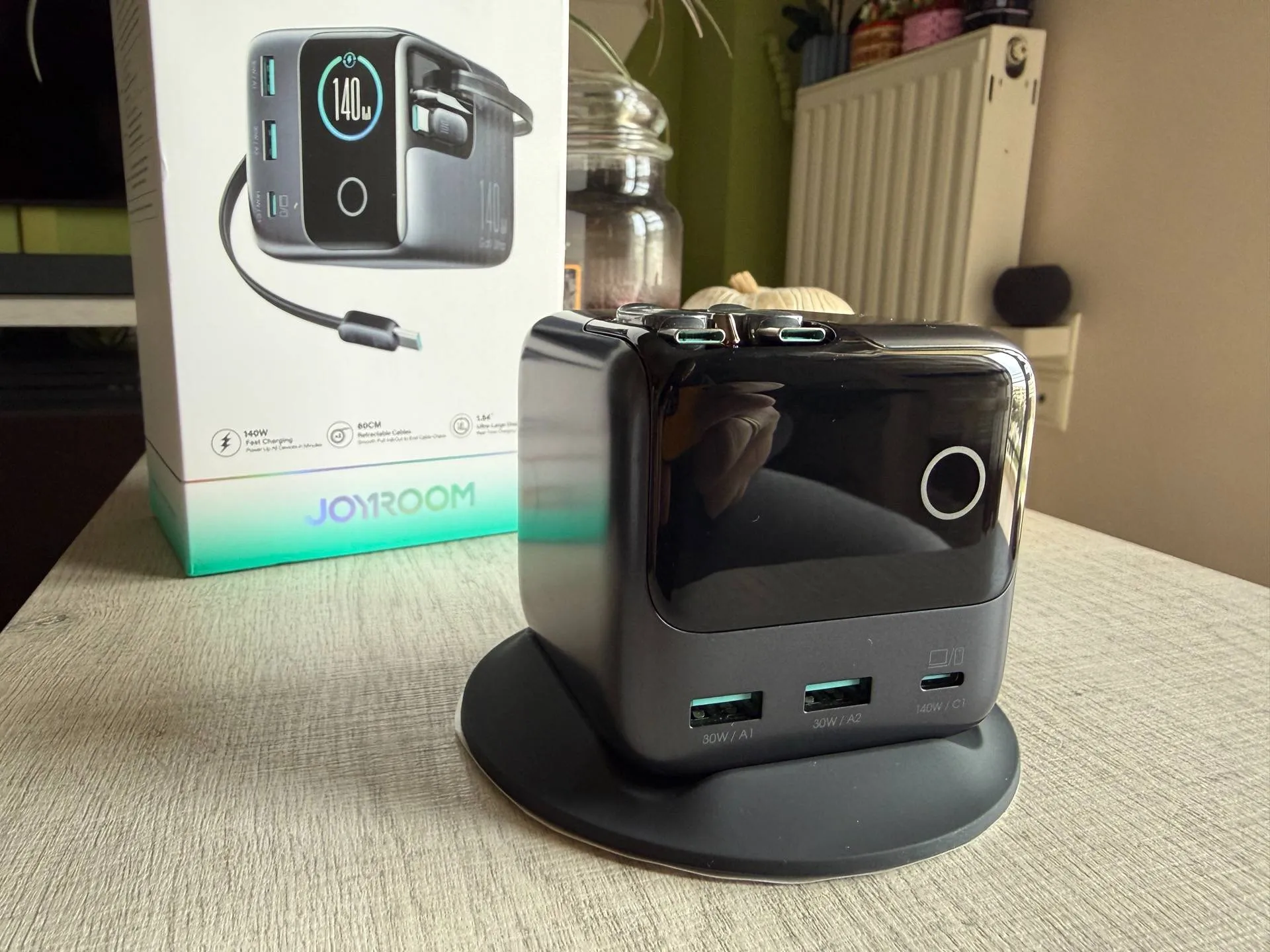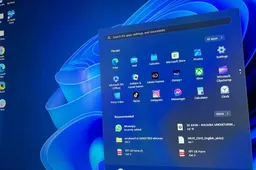Apple, Intel and other companies kick against India's restrictions on PC imports
TechSaturday, 19 August 2023 at 17:04
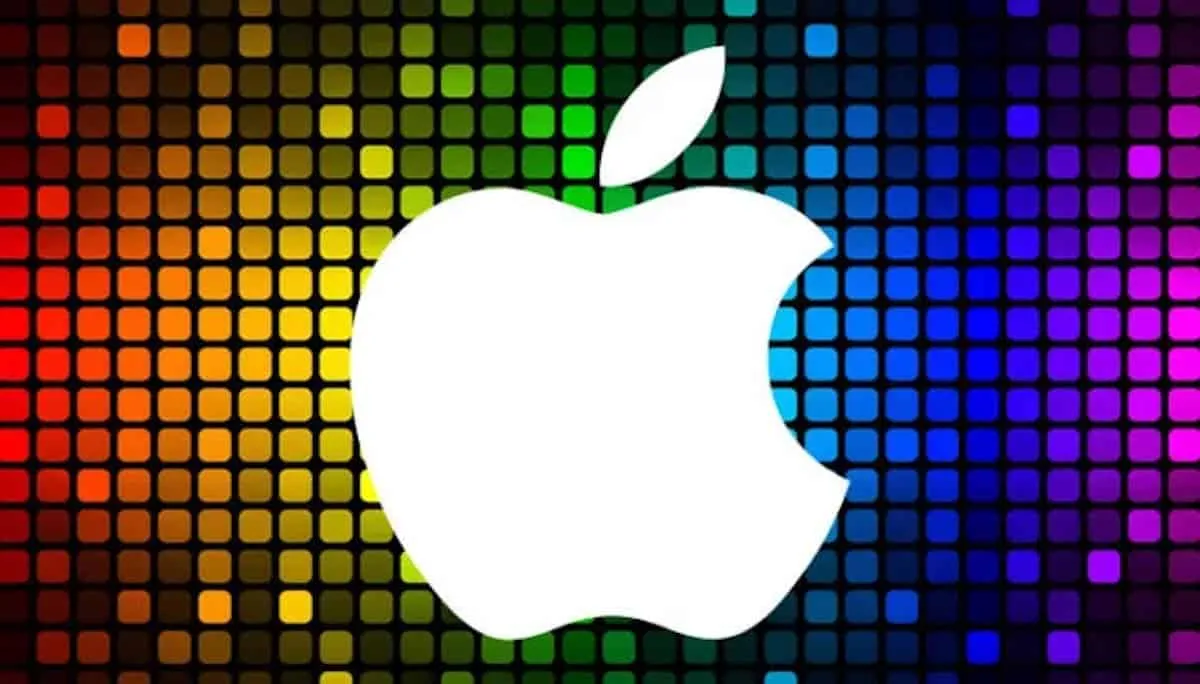
In recent news, top US brands such as Apple and Intel have raised their voices against India's new licensing rules. The new rules impose restrictions on the import of laptops, tablets, and PCs. This move by India has sparked protests from various US-based tech giants. These brands argue that these restrictions will hinder their ability to sell their products in the Indian market. The group have shown their concerns to the US Department of Commerce to protest India’s new PC import restrictions. They claim that this move will damage New Delhi's ambitions to become a global manufacturing hub. They also claim that it will be a setback to consumers in India.
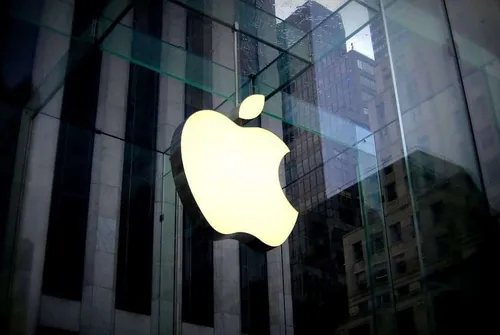
The Directorate General of Foreign Trade (DGFT) placed electronics items such as tablets, laptops, all-in-one-PCs, small form factor computers and servers under the restricted imports category. This means that brands that want to bring these goods to India must get an additional licence. The Indian Minister of Commerce and Industry, Piyush Goyal, stated that the decision is driven by security concerns. He stated that there would be no disruptions in availability or pricing. However, he also claims that the Indian government is open to discussion of viable options.
Goyal stated, “This is a significant security matter. Not even Tesla cars are permitted in the vicinity of Xi Jinping, the President of China, due to the awareness of security risks. India must also shield itself from countries hostile to its interests.”
Protests from Apple and Intel
Starting from November 1, India will put this new law into full force. The new law is quite sudden and it seems to have caught many brands off guard. This has led to serious concerns about the impact of the new law on their businesses. However, Apple and Intel are part of a coalition of businesses that have come together to protest against the new Indian law. This coalition includes other US tech giants and brands that rely on the Indian market for their products. By joining forces, these brands hope to exert pressure on the Indian government to reconsider its decision. They are also coming together to look for viable options that will not impede their business operations.
These brands argue that the restrictions will not only disrupt their supply chains but also hinder their ability to meet the demands of Indian users. The companies have expressed concerns about the potential negative impact on their sales and market share in India. In a bid to have more time, these brands are asking the Indian government for an extension. The global IT hardware firms are asking for a nine to twelve months extension of the deadline. They claim that this will give them enough time to obtain the extra licence that they need. According to the brands, they need enough time to consider the process of getting the new licence. In their letter, the trade group which Apple and Intel are part of said
“This policy (of import restrictions) — announced with no prior notice or public consultation — could significantly disrupt trade, hamper efforts to more closely integrate India into global supply chains, and harm businesses and consumers in both countries,”
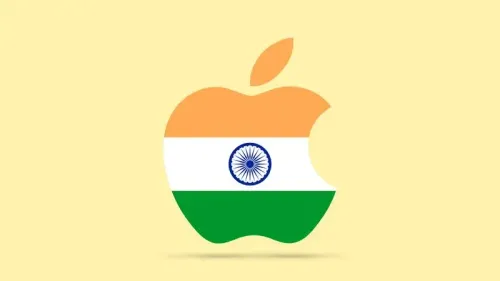
They added
“World Trade Organization (WTO) rules rightfully discipline such actions, and it is critically important that the United States uphold these standards to discourage the further expansion of trade-restrictive measures in India and beyond,” they said.
Impact of the new law
These brands claim that the new law will affect their business and they may not be able to meet their user's needs. Also, these brands believe that at the minimum, the non-tariff restrictions will create issues and delays. This, they believe, will hamper the smooth operation of the global supply chain. Furthermore, another impact as listed by the trade union is that the licensing measures will also impose “considerable risk”. They believe that there will be risks to data centre investments in India by US brands. This will happen if the import servers are disrupted and it will affect the Indian IT sector.
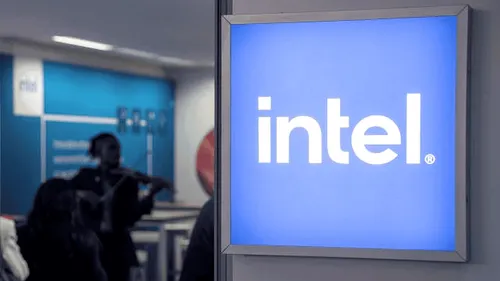
The new PC imports imposed by India have also raised concerns about the availability and affordability of laptops, tablets, and PCs in the Indian market. With major players like Apple and Intel facing issues, it is likely that the supply of these devices may be affected. This could lead to higher prices and limited choices for Indian users.
The group also claims that some of the brands will not be able to export PCs from the U.S. to India with pre-loaded software. This could inhibit the useability of these devices in India. The group has listed a couple of possible impacts of the new law that the Indian government needs to look into.
Request for US Government Intervention
In their efforts to address the issue, Apple, Intel, Google, and other brands have sought the intervention of the US government. They have requested the US government to push India to reconsider the new import rules and find a mutually beneficial solution. These brands believe that diplomatic efforts between the two countries can help resolve the issue. They also believe that this could ensure a conducive business environment for all parties involved.
Conclusion
The protests by Apple, Intel, and other US-based brands against India's restrictions on PC imports highlight the issues faced by multinational corporations in navigating global trade laws. These brands argue that such laws hinder their ability to operate efficiently and meet the demands of global markets. The outcome of these protests and the subsequent negotiations between the US and Indian governments will determine the future of PC imports in India and the impact on the tech industry as a whole.
Popular News
Latest News
Loading
